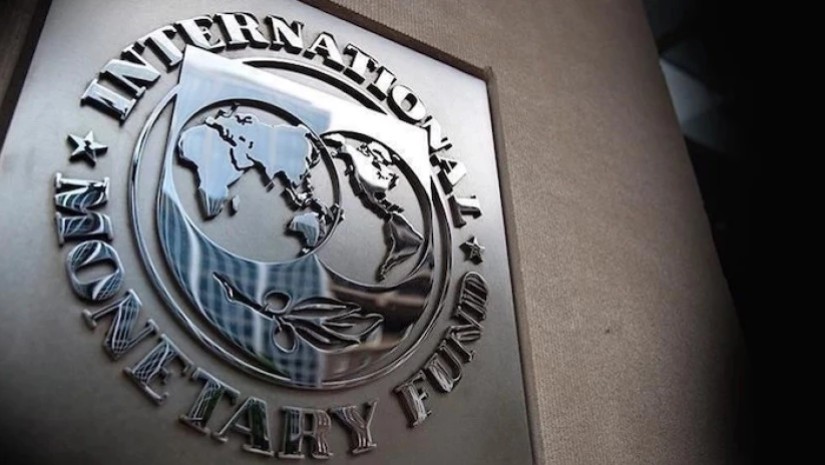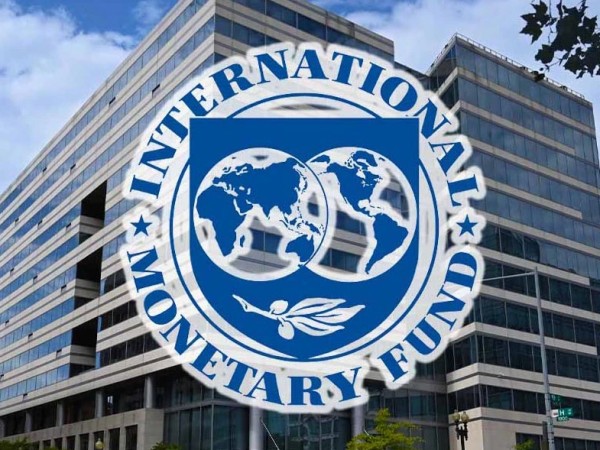Tbilisi (GBC) - Economic activity is projected to remain strong in the near term and gradually converge to potential. Real GDP growth is expected to reach 7.2 percent in 2025, driven by resilient domestic demand and continued strength in tourism, ICT, and transport, and converge to its medium-term potential of 5 percent, - according to the IMF Report.
Inflation is projected to remain near the 3 percent target, and the current account deficit to stabilize around 5 percent of GDP. Reserves are projected to improve gradually, supported by opportunistic foreign exchange (FX) purchases and a recovery in foreign direct investment (FDI). The external position in 2024 was broadly in line with the level implied by fundamentals and desirable policies.
Risks to the outlook are broadly balanced, amid high global uncertainty and political tensions. A resolution of the war in Ukraine may reverse some gains from migration and transit trade, but greater regional stability and reconstruction could offset these effects. Direct exposure to global trade tensions is limited, given Georgia’s low export share to the U.S. and exemptions for key products. However, indirect effects from weaker investor sentiment, slower trading partner growth, or supply chain disruptions could weigh on exports and raise import costs. Georgia might benefit from lower oil prices and increased trade diversion. Domestically, heightened political uncertainty and potential sanctions could dampen FDI, tourism, and pressure the lari. Georgia’s fiscal and financial buffers would help cushion adverse shocks.
The National Bank of Georgia (NBG) should maintain a broadly neutral policy stance while remaining flexible and data driven. With inflation near target, the policy rate close to neutral, and demand pressures easing, the current stance is appropriate. However, heightened global uncertainty and rising domestic food prices warrant a cautious approach to further easing. Opportunistic reserve accumulation—while preserving exchange rate flexibility—should be prioritized. While recent FX interventions may have mitigated market disorder, the NBG should avoid actions that could undermine policy transmission and credibility, such as sustained deviations between interbank and policy rates. Clearer communication on the balance of risks and policy rationale would enhance transparency and reinforce the effectiveness of the monetary policy framework.
Strengthening NBG governance and independence remains an important priority. There has been progress on implementing past recommendations, including filling board vacancies and appointing a governor. However, proposed amendments to enhance governance and financial autonomy in the NBG Law remain outstanding. Reforms should ensure a non-executive board majority, limit discretionary financial transfers to the government, further clarify succession rules for the governor, and strengthen board member qualifications. Adopting a collegial decision-making model would further enhance governance.
Fiscal policy is well calibrated, and efforts should focus on strengthening revenue mobilization and improving spending efficiency. Public debt is at prudent levels, and a neutral medium-term fiscal stance, with deficits below 2.5 percent of GDP, would help stabilize the debt ratio well below the fiscal rule ceiling. Revenue mobilization should be advanced through tax policy and administration reforms that expand the tax base and streamline tax expenditures, based on a strengthened medium-term revenue strategy that clearly outlines planned reforms, implementation timelines, and expected yields. Spending efficiency can be enhanced through better implementation of public investment management processes and spending reviews. Social assistance should be better targeted to the most vulnerable households, alongside efforts to improve the public works program and employment incentives.
Advancing SOE reform is essential to enhance performance, governance, and oversight to contain fiscal risks. A strong oversight role of the Ministry of Finance must be ensured. The authorities should move expeditiously to develop and implement a reform roadmap. Key objectives should include separating the state’s shareholder, regulatory, and policy functions to avoid conflicts of interest and strengthening corporate governance.
The financial sector is sound, and reforms have advanced, but further steps are needed to strengthen resilience and address evolving risks. Sustained efforts are needed to further reduce dollarization, along with continued monitoring of rapid consumer loan growth and lari funding pressures. Enhancing macroprudential and crisis management frameworks is essential to mitigate risks from systemic banks. Priority should be given to fully operationalizing the resolution framework and strengthening deposit insurance, including by resolving remaining legal and operational issues. Establishing an effective supervisory framework for virtual asset service providers and developing a consolidated supervision framework are key priorities, given the expansion of cross-border and nonbank activities. Competition in financial services should be improved, including through open banking.
Sustained structural reform is essential to support inclusive, job-rich growth and raise Georgia’s growth potential. Key priorities include addressing high structural unemployment, low agricultural productivity, and skill gaps through improved vocational training, teacher quality, and targeted agricultural support. Harnessing the benefits of emigration will require promoting return migration, leveraging remittances, and attracting foreign talent. Continued infrastructure investment and regional integration are needed to reduce transport and logistics costs and boost competitiveness. While Georgia outperforms peers on many governance indicators, recent backsliding underscores the need to reinforce judicial independence, empower the Anti-Corruption Bureau, and ensure effective enforcement of asset declaration reforms.
Staff recommend that the next Article IV consultation take place on the standard 12-month cycle.




















